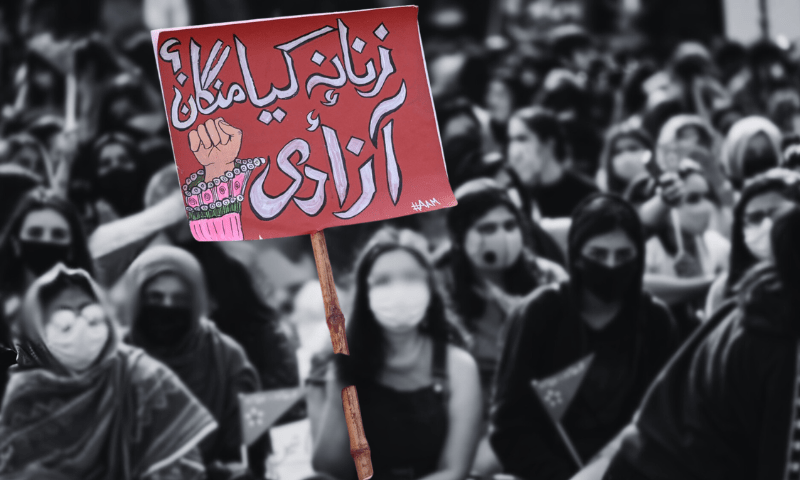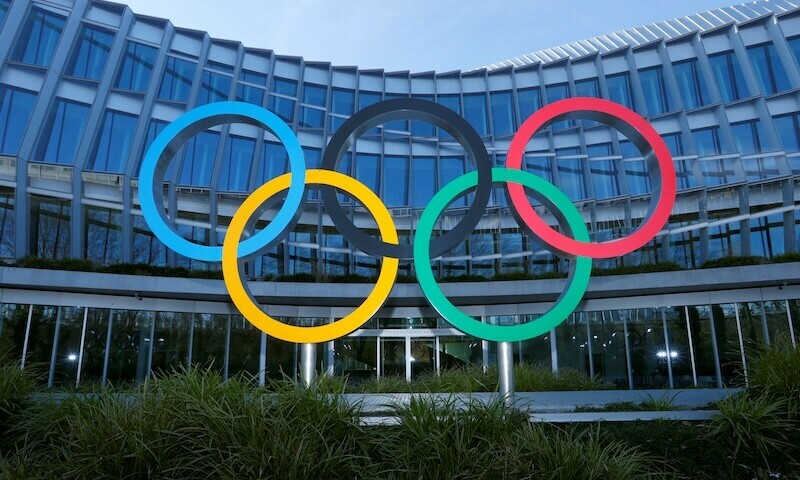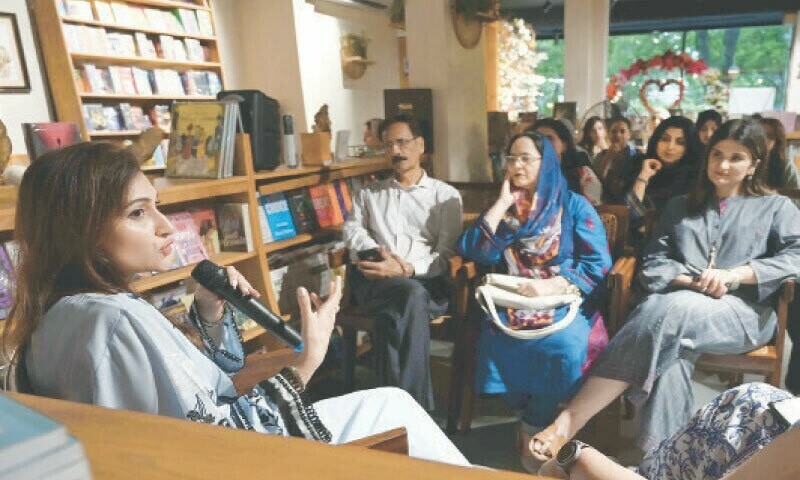Are you outraged when people behave badly in Ramazan? You shouldn't be.
We’ve had a lot of ugly news come our way this Ramazan.
In Pakistan we’ve seen Maulvis behave badly, both onscreen and off, we’ve experienced shootings and discrimination. Internationally we’ve suffered through news of bomb blasts, of mass killings.
Living our lives online means we’re privy to each other’s reaction to these happenings. And the overwhelming response that I’ve seen this month is disbelief.
People wonder: “How is that that someone can behave so badly in Ramazan?"
Case in point: early in June, when JUI-F Senator Hafiz Hamdullah leapt out of his seat during a televised appearance in a violent reaction to something fellow commentator Marvi Sirmed said, she followed up with a post on social media saying: “And then he tried to beat me. All of this recorded on camera... And this religious merchant was fasting while he did all this.”
Case in point: When Amjad Sabri was killed a week ago the shock and anger people displayed on Twitter was laced with incredulity at the attack’s timing. “This news is so depressing, especially in the holy month of Ramazan,” said one person.
“This is Ramazan 2016 in Pakistan,” intoned another.
Our shock that someone – anyone – could pick up a gun to shoot a qawwal or raise their hand to a woman or slaughter a crowd seems to be compounded by the fact that they’re doing this in Ramazan.
Ramazan is a holy month after all, a time when Muslims are meant to retreat to religion’s more meditative aspects, to lose themselves in prayer and introspection, to cleanse themselves of sin, to ask for redemption. So I suppose it’s natural to expect a little more consideration – humanity, even – from those who we’d otherwise imagine would be quick to resort to violence or crass behavior... right?
Actually, it’s not.
Our moral outrage at crimes committed in Ramazan is only evidence of our own confusion – our inability to decide what role religion should play for us at the level of state and society.
In Pakistan, twisted interpretations of religion are to blame for creating chaos, yet, we still turn to religion to 'cure' us. As with most things in life, you can’t have it both ways. Insisting you can is its own kind of hypocrisy.
Often, the disbelief that I’ve referenced above comes from those who consider themselves ‘liberal’ – a fraught and overused term that means little in a Pakistani context – but for the most part has come to loosely signify those who consider themselves progressive and largely secular, in support of a distancing of religion from matters of economy and governance.
And here lies the contradiction.
Let's be clear: our disbelief and shock at bad behavior in Ramazan stems from our deep-rooted conviction that religion can or should, at a societal level, fix what ails us. This, when history presents evidence that a twisted interpretation of religion and its offspring, social conservatism, is the very thing that led to our present state of chaos.
It’s a destructive double standard, creating only confusion for a liberal believer, who as I imagine it, burrows deeper into the confusion of one caught between two conflicting impulses and policy recommendations: on one hand, to dissociate religion from public affairs, and on the other, to use religion as a means to persuade the public to behave better.
As with most things in life, you can’t have it both ways. Insisting you can is its own kind of hypocrisy.
Why, then, when it has little demonstrable value and is inherently contradictory, do we continue to stick to our outrage?
As a society, we must decide – what do we want? To expect religion alone to right our moral compass, or to strengthen the justice system and legislation enough so that we don’t have to expect individuals to use scripture to self-police their behavior?
I can only speculate that part of this is habit. We’ve long become accustomed to both blaming religion for our problems and placing it on a pedestal, expecting its grace to save us.
Part of it is a failure of critical thinking, for which I can definitively cast blame on no single individual or institution. Part of it, of course, is due to ineffectual legislation in Pakistan, which means crimes are not often answered with justice, leaving us with a gap we can only fill with God.
But whatever the case, it is clear that our moral outrage isn’t helping anyone, least of all ourselves.
To me, someone behaving badly in Ramazan is no better or worse than someone behaving badly at any other time. It would be foolish, naïve, even, for me to expect otherwise, especially when the form of governance that makes the most sense to me is one that holds faith and the state apart.
On a personal level, can we still expect better from people who pretend to hold fast to the values of Ramazan even as they go about giving into their baser impulses? Yes, absolutely.
But as a society, we must decide – what do we want? To expect religion alone to right our moral compass, or to strengthen the justice system and legislation enough so that we don’t have to expect individuals to use scripture to police their behavior?
The longer we cling to our outrage and disbelief that yes, people do behave badly in Ramazan, the less likely it is that we'll be able to achieve the latter.
And that, I think, is the real tragedy – not the fact that an aging dogmatist got mouthy on national TV during Ramazan.
It's time to stick to our self-professed 'liberal' guns and act from a place of logic, not a place of misplaced faith in what was once – and is no more – sacrosanct.
Follow the writer on Twitter @hamnazubair.














Comments